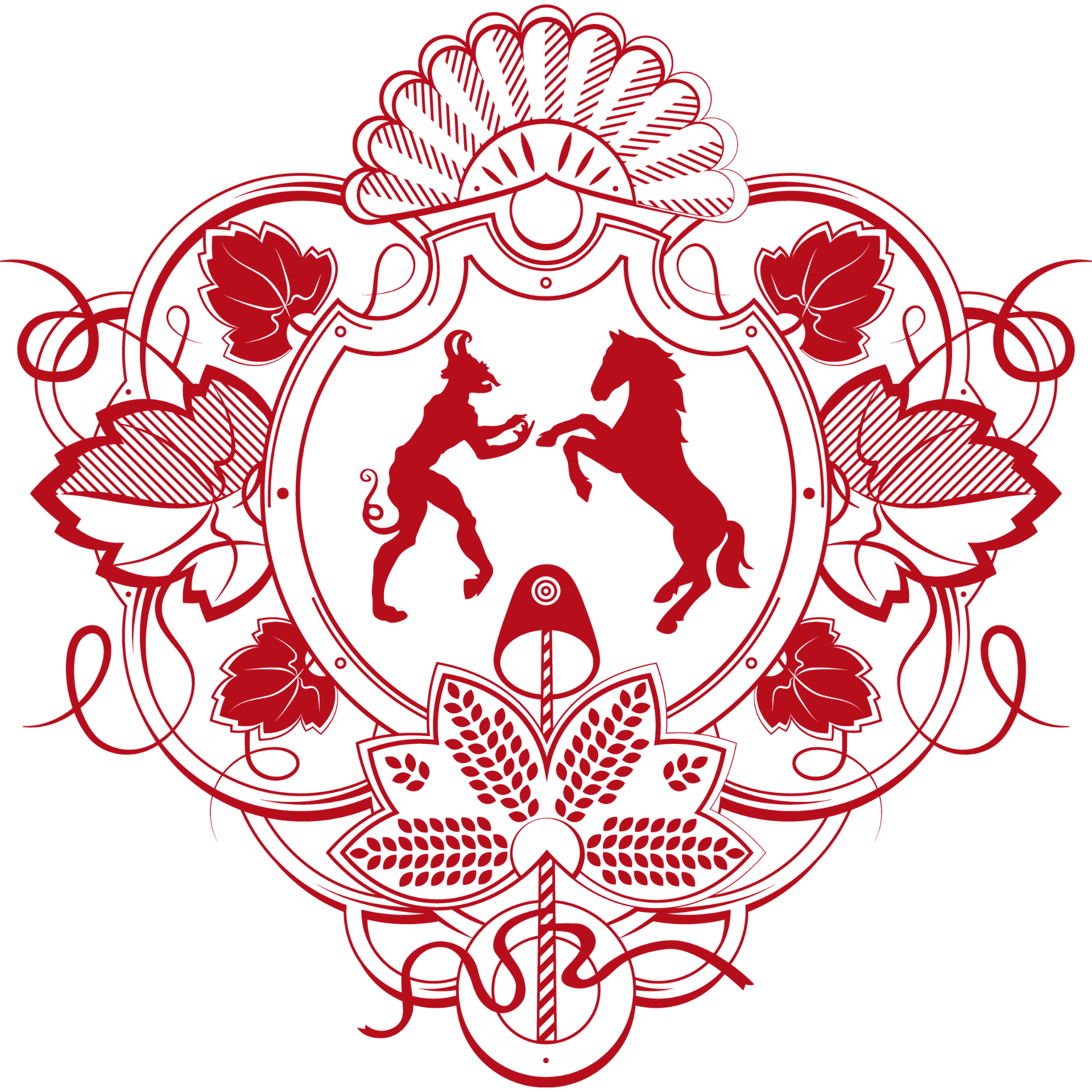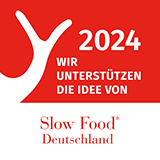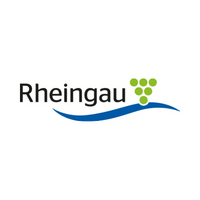About us
The winemakers
Not only our wines have interesting stories to tell
Markus Bonsels
Monika Eichner
Our philosophy
Wine is a natural product and the question as to how much nature should be in a good wine is one that has to be answered by every winegrower. For every vintage, we ask ourselves: “What does a good wine need?” And we always come up with the same answer: “Good wine needs time.” One reason, why we are supporting Slow Food.
For us, this includes hand-picked grapes, so that only the best grapes are used in our wines. With very long maceration periods, we extract everything from these grapes and then press the mash gently and carefully in the basket press/ champagner press. We ferment each of our wines with natural yeasts in order to let them age as naturally as possible in oak barrels.
For us, the combination of maceration time, gentle pressing and slow ageing in wooden barrels is the foundation for top quality. That's how aromaintense wines are created that have been given time to develop themselves.
For BIBO RUNGE, the path to a good wine leads through the discovery of slowness and patience - with nature, with our wines, for a very special enjoyment. That is why sustainability is also a matter of the heart for us, not only as winemakers. Since 2021, we have been a certified member of FAIR'N GREEN, the sustainability seal in the wine industry. FAIR'N GREEN supports us in the further sustainable development of our winery, taking into account ecological and social aspects. We are already one of the wineries with the smallest CO2 footprint and we are currently working hard to initiate a Germany-wide deposit system for wine bottles.

The coat of arms on our wines
Teufel und Pferd
The devil and the horse tell the story of the devil who rode through Hallgarten. When his horse lost a horseshoe, he pays the blacksmith with a pair of pliers that turns anything you touch into gold - the Hallgarten pliers (the highest mountain in Hallgarten 570m).
Freedom tree with Jacobin cap:
The first freedom tree in the Rheingau was erected in Hallgarten at the beginning of the 19th century. A freedom tree was one of the signs of protest against the social and economic grievances of the time and has been a symbol of freedom ever since. Since the revolutionaries of that time referred to the French Revolution. There, too, the trees of freedom were crowned with a Jacobin cap.
Seashell:
The shell adorns the Madonna sculpture in the Hallgartner church, which was built in 1417 and is known as the beautiful Hallgartner. There is even a copy in the Louvre in Paris.





